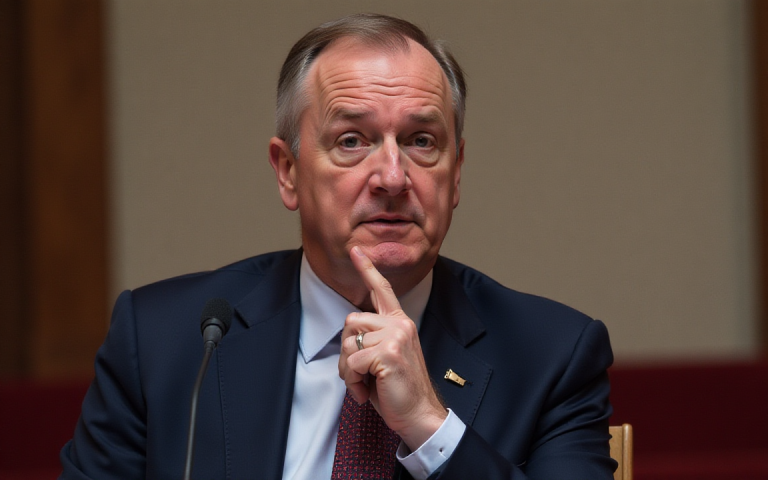Poland has elected Karol Nawrocki as its next president in a nail-biting runoff that has captured global attention for its geopolitical implications.
Nawrocki, who represents the opposition Law and Justice (PiS) party, secured 50.89% of the national vote, edging out pro-EU Warsaw Mayor Rafał Trzaskowski, who had 49.11% of votes.
With Nawrocki’s victory, Poland’s presidency remains under the influence of nationalist-conservative politics, following two terms under outgoing president Andrzej Duda.
While the Polish presidency is mostly symbolic, the position comes with key powers, including veto rights that could disrupt legislation backed by Prime Minister Donald Tusk’s coalition.
Nawrocki’s win has raised questions over the durability of Poland’s recent pro-European policy shifts and could set the tone for growing right-wing populist influence across Europe, amid deepening global polarisation.
EU funds, veto power, and legislative gridlock risk
Nawrocki’s ability to veto parliamentary bills places him in direct confrontation with Prime Minister Tusk’s centrist government.
Since returning to power in 2023, Tusk has prioritised mending ties with Brussels, unlocking €137 billion ($156 billion) in frozen EU funds by addressing rule-of-law concerns flagged under the previous PiS administration.
The new president could now obstruct further reforms needed to maintain those funds, particularly in the judicial and media sectors.
Poland, the sixth-largest economy in the EU and home to 37 million people, was the bloc’s largest net beneficiary of financial support in 2024. That status could be jeopardised if Nawrocki blocks further compliance with EU standards.
His Eurosceptic stance may embolden other conservative parties in the region while frustrating Brussels’ efforts to ensure legal consistency across member states.
Ukraine policy shift as support for NATO bid softens
Nawrocki has signalled a change in Poland’s posture towards Ukraine, a critical development given Warsaw’s outsized role in supporting Kyiv since the Russian invasion began.
Poland has offered both security and logistical aid, and took over the EU’s rotating presidency in January 2025 under the motto “Security, Europe!” following Hungary.
However, during his campaign, Nawrocki criticised Ukrainian President Volodymyr Zelenskyy for alleged diplomatic slights and dismissed the country’s NATO membership ambitions.
While Poland has historically contributed heavily to NATO, surpassing the alliance’s 2% GDP spending target with a 4.12% contribution in 2024, Nawrocki’s comments could signal a more cautious, transactional approach to military alliances and regional cooperation.
Trump endorsement, US ties, and conservative momentum
Nawrocki’s win comes amid renewed momentum for right-wing populist movements across Europe.
His victory follows conservative losses in Romania and Portugal, but aligns with the ideological current flowing from Donald Trump’s return to prominence in the US.
Nawrocki was backed by Trump and received direct endorsement from US Homeland Security Secretary Kristi Noem, who praised him at a conservative summit in Poland just days before the vote.
The US has maintained close ties with Warsaw, particularly on defence procurement. Poland has consistently exceeded NATO benchmarks and purchased billions in US arms, including F-35 fighter jets and Abrams tanks.
Despite Trump’s frequent criticism of NATO, Poland’s high spending may insulate it from Washington’s scrutiny while the broader US-EU relationship evolves.
Nawrocki now begins a five-year term with the possibility of re-election, potentially altering Poland’s role in both the EU and NATO.
The extent to which his presidency shifts national policy may depend not only on his relationship with the Tusk government but also on whether right-wing parties can consolidate further power in upcoming legislative cycles.
The post Nawrocki wins Polish presidency with 50.89% vote; signals shift in EU ties appeared first on Invezz

